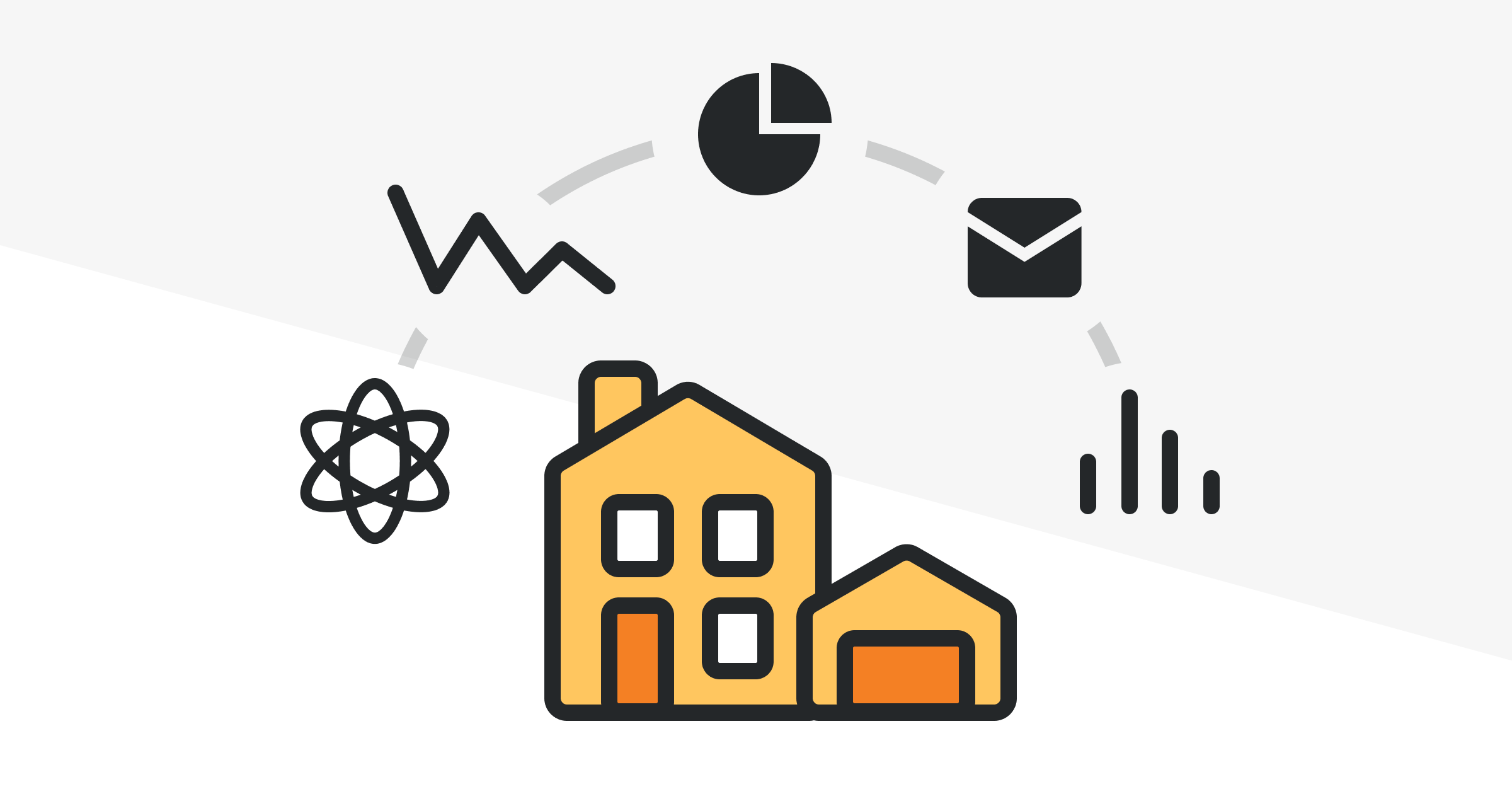COVID-19 is reshaping how we live. Many of us are now home to help flatten the curve. We’re doing our best to work from home and juggling family care on top of it all. While self-isolation and social distancing are, according to many experts, the best way to address this pandemic, there are a few other things you can do—just from your home with your laptop.
How the internet is coming together to help scientific research
Many initiatives that made the news these days are about donating computing power. At the time of writing one of those networks, Folding@home, is reportedly pushing out 470 PetaFLOPS, said to be “faster than the top seven supercomputers in the world.”
To develop antibody and small molecule therapies for 2019-nCoV, scientists need to better understand the structure of the viral spike protein. Proteins are not static—they wiggle and fold and unfold to take on numerous wiggling, folding, and unfolding shapes. In order to identify the best ways for the virus to be targeted by a therapeutic antibody, scientists need to know all the shapes. That’s where your computer comes in. Hack a day describes it as “Mining for bitcoin but instead we’re mining for a treatment to Coronavirus.”
You can download the program and help researchers working to advance our understanding of the structures of potential drug targets for Covid-19 that could aid in the design of new therapies here: Folding@Home
A game that helps researchers find antiviral proteins
Donating compute cycles isn’t the only way to help scientists search for treatments that could help battle this pandemic. You can, in fact, get hands-on with the research. We spoke to Brian Koepnick, a research scientist at the Institute for Protein Design at the University of Washington, about the origin of their game project Foldit.
“Humans outperform computers in creativity” Brian Koepnick on building the Foldit game where players can try to design an antiviral protein.
“People told us they wanted to interact with it, not just let the computer do it.” The project spawned from another distributed computing project, Rosetta@home, in the mid-2000s. “The set-up at the time meant people donated their CPU power and watched a screensaver as their computer runs calculations. With Foldit, we allowed users to start folding protein themselves.”
Can humans really make the difference? Surely your laptop is faster at folding proteins than you? “Humans outperform computers in creativity,” said Koepnick. “Algorithmic research with supercomputers absolutely gives you a lot of answers, but they aren’t very diverse.”
“Human players,” he said, “go at it from all different angles and actual designs from players are getting tested in the lab. We take the digital designs players have created and rebuild them in the lab using standard molecular biology. We then test them, using just the protein part of coronavirus. The coronavirus edition of Foldit has only been available for four weeks, and we already have a few designs from players that we want to test.” On top of that, ideas from players will help make future computer algorithmic techniques more efficient.
You can play the Foldit computer game and contribute to scientific research. There are a beginner version and a more advanced puzzle.
Join a remote hackathon or moonlight as a volunteer
There are a growing number of resources seeking out skills-based volunteers and subject matter experts if you are looking for a project to join (or to start your own.)
Help with COVID is a pop-up forum that’s coordinating those helping. The creators describe it as a platform for “engineers & software developers, bio, medicine, and manufacturing experts”, and it has filters to help find projects or volunteers for different fields.
https://hackquarantine.com A global, virtual hackathon is underway from March 23rd to April 12th.
Global COVID Hackathon:
This Thursday and Friday a number of tech leaders are planning a global tech hackathon. Join the channel: https://globalcovidhackathon.slack.com/
Contribute to datasets
If you're looking for data on when regions started implementing coronavirus related policy measures including lockdowns, a group has started an effort to build a dataset for it.
So even though you are mostly confined to your home these days, there are many ways to help out. First and foremost, look after yourself and the people you are caring for. But if you do feel you have some extra energy and are looking for good ways to get involved, try some of our suggestions above and watch out for scams aiming to exploit people’s good nature during this trying time.
